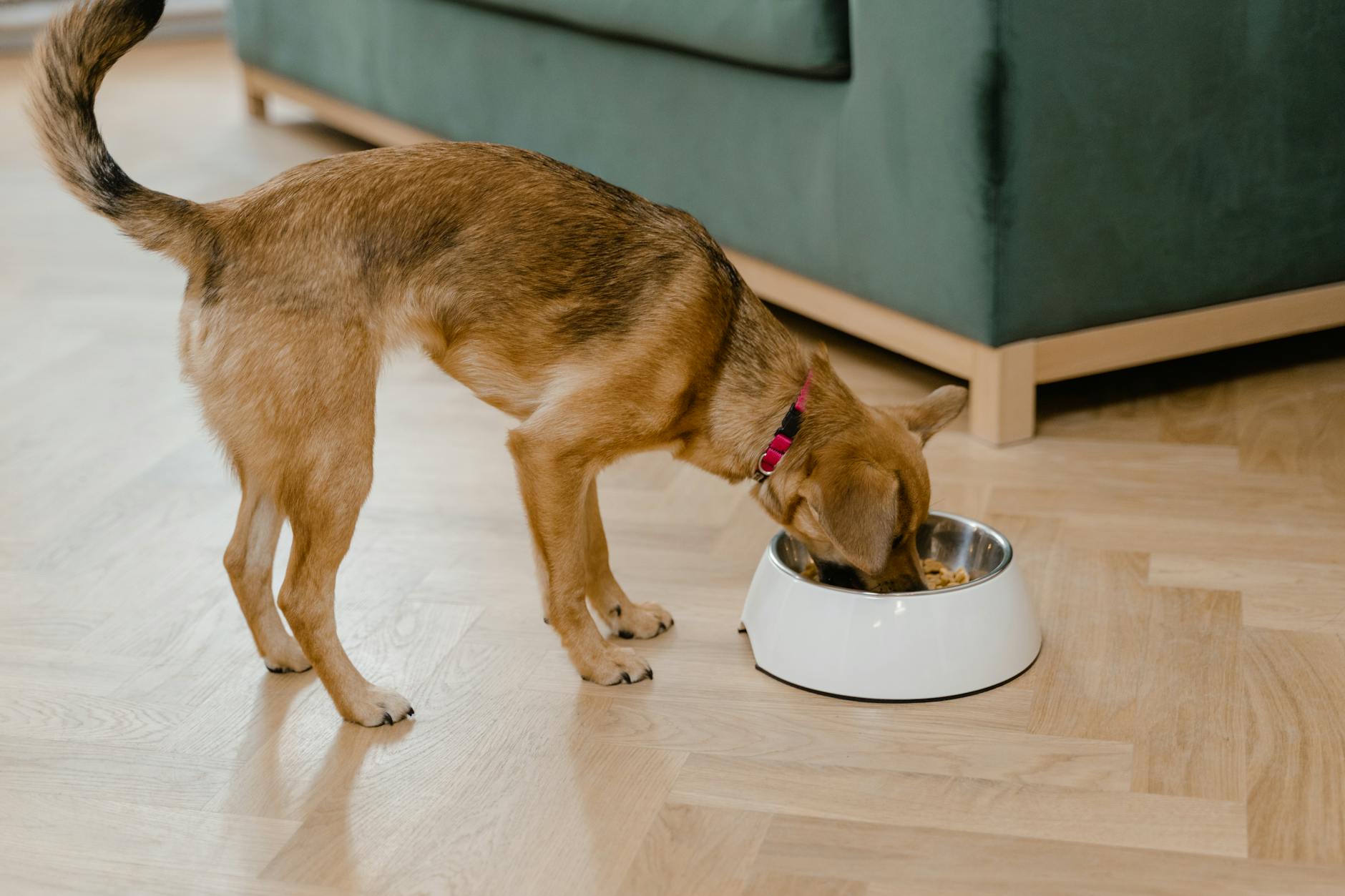Breakfast – Continental, English, What’s The Difference
Breakfast is considered by many food experts to be a most important meal of the day. It should be well-designed to provide you with nutrients so that your body and brain have all what they need to function at their best.
This is also very important during your vacations, especially those involving a lot of sightseeing and walking around – there is no excuse for skipping breakfast! A trip to London will be one of those when you will be very active and it would not be too smart to start a day without a good breakfast.
When you stay at one of the famous London B&Bs, you will be getting breakfast every day – you know for sure that it is included in the price for the room you will be paying. But, the B&B’s owners may be ready to offer you either English breakfast – that you would probably expect in the UK capital – or they may also serve continental breakfast. It often happens when a particular B&B has a lot of guests from the US or the continental Europe. Many hotels also provide the choice to their guests, although most often you will be able to get either English breakfast or continental breakfast.
Most of the people are not able to tell the difference between those two kinds of breakfast. The difference between them is big and it can have significant impact on whether your start your day full of energy, or not…
Let’s start with the definition of continental breakfast. It is a light breakfast that usually consists of baked goods, such as pastry, rolls, toast, bread, croissant and muffins, coffee, tea or other liquid (e.g., fruit juice, hot chocolate or milk). It may also include items like: fresh fruit, cereal, jam, honey, cream, butter, yogurt, cheese – hard or cream – and sliced cold meats.
So it really looks light and it is based on Mediterranean breakfast tradition, but in London it may be served in a bit “heavier” version – it can include bacon, eggs, toast and broiled tomato.
A typical English breakfast is a large, hearty meal that usually consists of eggs (fried, poached or scrambled), ham or other meat (most often sausages), fish (kippers), cereal, baked goods (toast or bread and butter), jam, baked beans, fried mushrooms, tea or coffee and condiments (e.g., ketchup, but HP Sauce is most popular).
If your breakfast included all of that, it would deserve another popular name – “full English breakfast.” Full English breakfast is one of the longest British traditions, but because of health concerns (too much of oil and fat!) is not being served too often during the week. However, it is still being eaten on Saturday and Sunday mornings, while the weekday breakfast is much simpler. And if that full English breakfast includes all mentioned above (sometimes even more – like black pudding and leftover meat, vegetables and potatoes from the day before’s meals), then it is called “Full Monty”. That name is used by the patriotic English people to honor Field Marshal Montgomery – a WWII hero.
If your hotel does not serve English breakfast, but you would like to try it, you can easily find it at one of the traditional London cafes that serve breakfast meals throughout the day. Those places are often called “caffs” or “greasy spoons” and serve the full English breakfast as “all day breakfast.”
Bon appetit!





